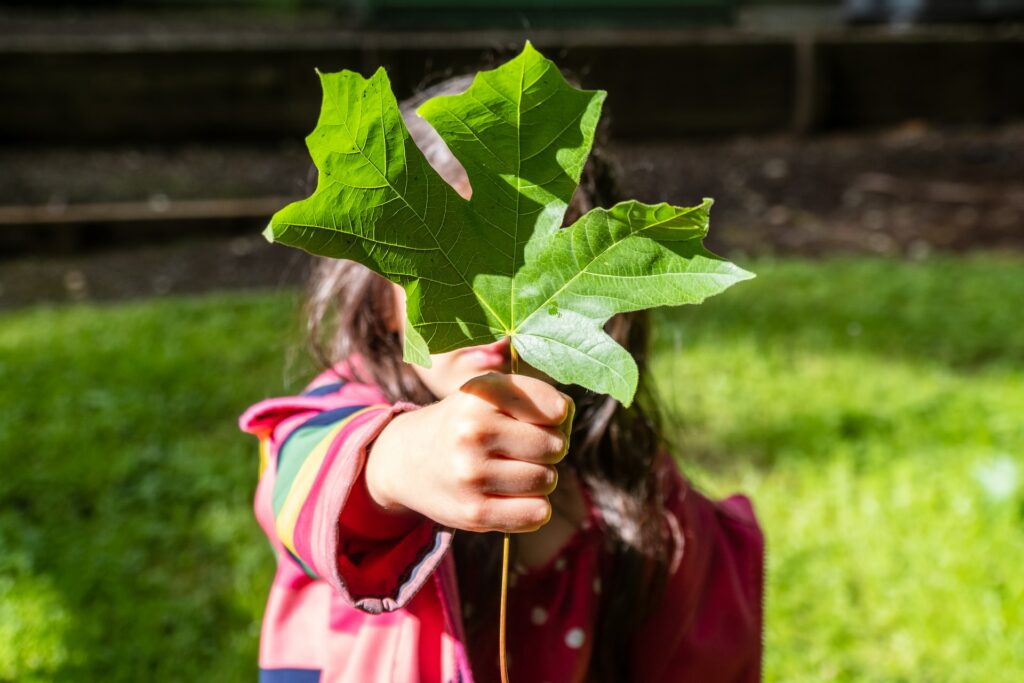When you are teaching environmental studies to your students or keep telling the school kids about the problems related to the Mekong River in Vietnam or discussing the challenges of Amazon Forests, it’s always good when you can go beyond the usual curriculum. The difficult aspect of promoting sustainable education in the classroom often relates to language barriers and various limitations. Most educators tend to skip the challenge and just continue their teaching duties. Yet, some innovative individuals approach translation help as a solution as they deliver information from all parts of the world to let the school children master first-hand information from foreign specialists.
How Translation Can Support Sustainable Education in the Classroom
1. Exploring Unbiased Original Information
The use of translation will help you to obtain original information from different parts of the world. For example, if your students have seen the news about river pollutants or a plant that is being built somewhere in Spain or Germany, they would wish to explore the local newspapers and read the original news. It is exactly where the use of translation can be helpful as you provide information for your learners to work with and compare it with what you can find in English. It will give a great boost to existing analytical skills and will show how different specific information can be when offered in the original language.
2. Participating in Global Ecological Campaigns
It is one of the best solutions for those situations where you cannot get by without professional translation help. When you allow students to learn a foreign language and meet fellow researchers from foreign schools, it instantly takes sustainable education in the classroom to a totally different level. Just make sure to approach Pickwriters as you seek writing assistance to create your presentations before things become translated or processed by a trained linguist. Regardless of what teaching method you may choose for your lessons, working along with a trained expert will always help you to save time and resources.
3. Improve Foreign Language Skills of Students
Most foreign language studies are quite boring, especially for youngsters who do not want to focus on grammar or pronunciation, which is why they need things or concepts that will inspire them. Combining language studies with sustainable education and dealing with fieldwork, newspaper creation, and eco-friendliness is one of the most efficient solutions. You can think about creating various presentations by exploring a foreign language and using translation helpers to cooperate with environmentalists from all over the world.
4. Research Things in More Than One Language
When you are approaching linguists for your school curriculum and combining your teaching ideas with a language teacher already available in your school, it always makes things inspiring. Let’s assume you are writing a letter to a company where English is not the primary language or want to tell other children about your activities and ecological campaigns. This way, you can research things in more than one language and expand your learning skills. If something does not work or you feel stuck, consider TopWritersReview as one of the helpful solutions. Talk to a specialist when you feel confused and ask for help as you explore to sort and structure your information correctly. Once it’s done and you have everything noted and proofread, every translation or foreign research will become a breeze!
Promote Multilingual Learning in The Classroom
While it’s often done in the state of California or Texas, using more than one language in the classroom is still a novelty. The use of translation by a multilingual specialist is always helpful. It doesn’t mean that a teacher will have to switch from language to language during classroom instruction, but talks about the great possibility to let children explore Spanish language sources. Of course, it’s only an example, but a worthy innovation can be explored as foreign language learning is implemented. A possible solution would be to use a foreign language school teacher to hold joint lessons where children learn about the environment and evaluate their translation and narrative skills as they explore and research things.
BIO
Joanne Elliot loves to explore the world and different cultures as she focuses on education, environmental protection, and technology. Using her educational and analytical skills, she loves to write and share as she offers helpful solutions. Follow Joanne to take your studies to another level and learn how to become a responsible, eco-friendly citizen.




